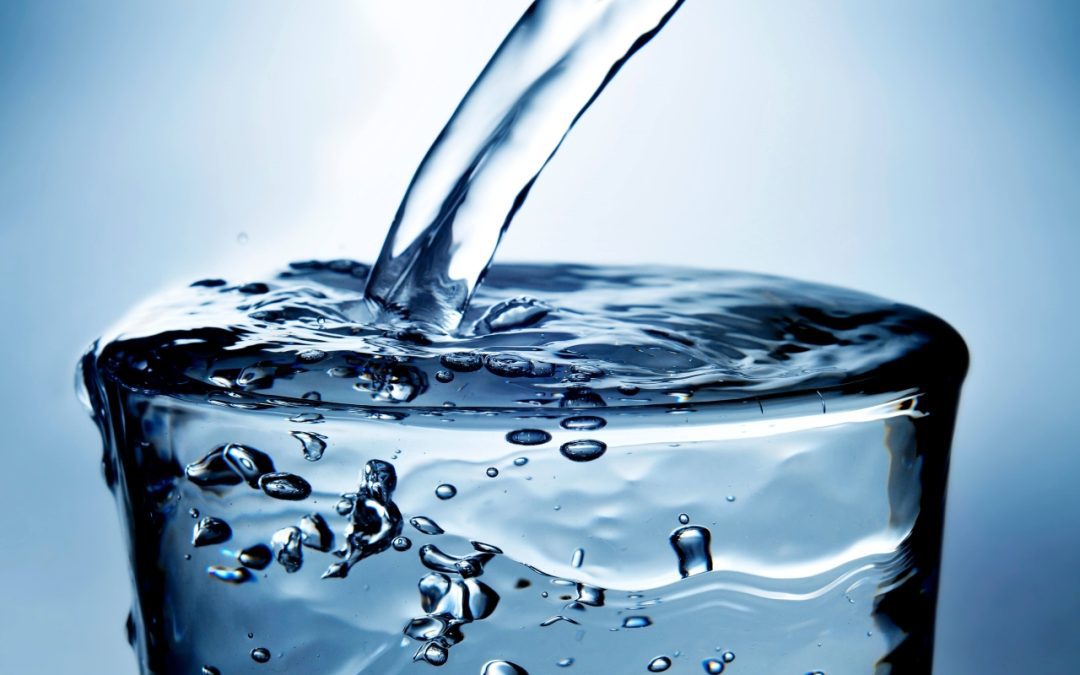Water is a basic necessity, and clean and safe water is important. While tap water may be treated to remove most contaminants, it doesn’t always taste great. This is where water purification systems come in handy. Homeowners have a variety of options. Here are a few different types of water filters for your home, their pros and cons, and the contaminants they remove.
Home Water Filters and Purification Systems
1. Reverse Osmosis (RO) Systems
Reverse osmosis systems are a popular choice for homeowners. RO works by forcing water through a semipermeable membrane that removes contaminants such as some bacteria (including Salmonella and E. coli), viruses, heavy metals, and minerals. In many RO systems, the water then passes through a carbon filter to improve the taste for drinking. The system is relatively low maintenance and produces high-quality water. However, it is costly, time-consuming, and can waste a lot of water in the purification process.
2. Carbon Filtration Systems
Carbon filtration systems remove impurities, such as chlorine, pesticides, herbicides, and other harmful chemicals by adsorption. The carbon filter attracts the contaminants and traps them in the filter material. The system is affordable, easy to install, and low maintenance. However, it may be less effective in removing metals or minerals from the water.
3. Water Filters for Your Home: UV Purification
UV filter systems use ultraviolet light to kill bacteria, viruses, and other microorganisms in the water. The system is effective at removing pathogens and requires little maintenance. However, it does not remove impurities such as chlorine or pesticides and may not work as effectively if the water contains sediment. A UV filter is best used in conjunction with another type of filtration system.
4. Ion Exchange Systems
Ion exchange systems remove dissolved metals, such as lead or arsenic, by exchanging them with other ions. The system is effective at removing hard water minerals but not in eliminating other impurities such as bacteria and viruses. The system can be costly and may require professional installation.
5. Water Distillation
Distillation systems turn water into steam and collect it in a separate container, leaving heavier impurities behind. The system efficiently removes contaminants such as heavy metals, arsenic, fluoride, and other inorganic compounds. However, it can be energy-intensive and may remove beneficial minerals.
Choosing a water purification system depends on the needs of the homeowner. Each type of system has advantages and disadvantages. Consider factors such as water quality, cost, and ease of installation when choosing a filter for the home. Clean and safe drinking water is essential for well-being. By investing in a water purification system, homeowners ensure their families enjoy water free from impurities and safe for consumption.
Horizon Inspection Services provides professional home inspections to customers in Arizona. Contact us to request our services.
